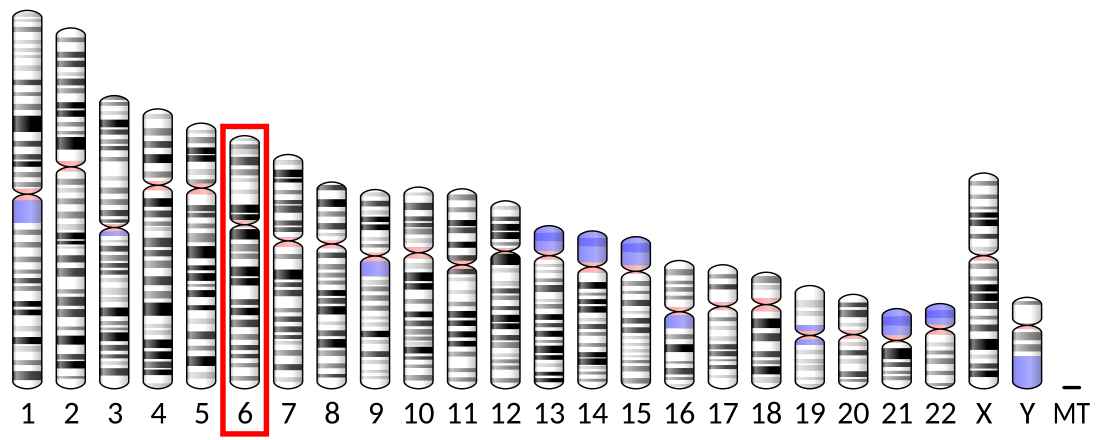Top Qs
Timeline
Chat
Perspective
AKAP12
Protein-coding gene in the species Homo sapiens From Wikipedia, the free encyclopedia
Remove ads
A-kinase anchor protein 12, aka AKAP250, is an enzyme that in humans is encoded by the AKAP12 gene.[5][6]
Remove ads
Function
The A-kinase anchor proteins (AKAPs) are a group of structurally diverse proteins, which have the common function of binding to the regulatory subunit of protein kinase A (PKA) and confining the holoenzyme to discrete locations within the cell. This gene encodes a member of the AKAP family. The encoded protein is expressed in endothelial cells, cultured fibroblasts, and osteosarcoma cells. It associates with protein kinase A and C and phosphatase, and serves as a scaffold protein in signal transduction. This protein and RII PKA colocalize at the cell periphery. This protein is a cell growth-related protein. Antibodies to this protein can be produced by patients with myasthenia gravis. Alternative splicing of this gene results in two transcript variants encoding different isoforms.[6]
Remove ads
Interactions
AKAP12 has been shown to interact with Beta-2 adrenergic receptor.[7][8]
References
External links
Further reading
Wikiwand - on
Seamless Wikipedia browsing. On steroids.
Remove ads





